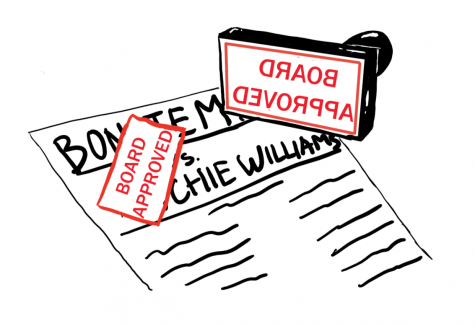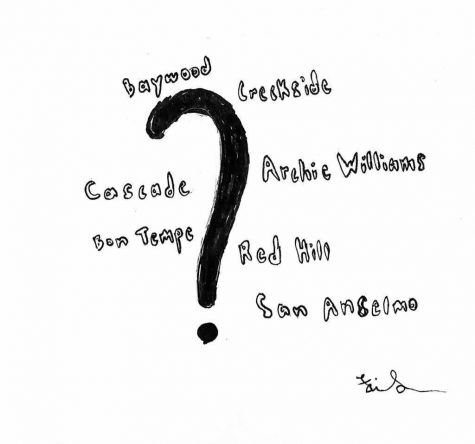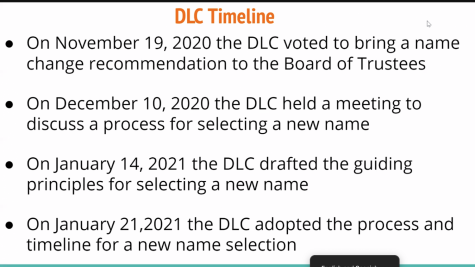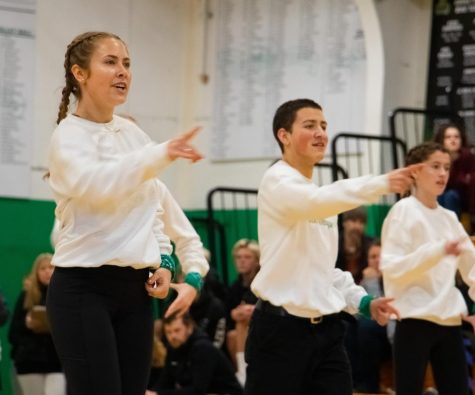Dealing with others’ grief
I didn’t know Paul as well as I could have. I didn’t really make much of an effort to initiate any conversations, or learn about his hobbies. The information about his personal life that I did know was often second or third-hand – sometimes true, sometimes false. Sometimes, it was gray, things that I wanted to ask more about but didn’t know how. More than a few questions were left unanswered.
In eighth grade, my friends and I begged Paul for a ride to McInnis Skate Park just before dark on a muggy May evening. He agreed, with his ever-present cheshire grin, and we climbed into his cluttered second hand Toyota. Paul gunned it down the highway, all of us screaming as we tore down the road, chasing the sunset. He was cackling, as if he was having the time of his life.
Paul confused me. When I met him, he was around 20. Married, or possibly divorced at that point, he exuded a sort of charm that made you believe he knew exactly what he was doing. It was hard not to see him, laughing and carefree, lounging feet up on my friend’s red leather couch, as someone who had figured out life’s formula and was getting the most mileage out of it that he could.
As my friend’s brother, I usually only saw him in passing. He would be ducking out the door and offering a grin my direction, or getting high on the balcony and staying out there for what seemed like hours. That was Paul. He was unbridled in every sense of the word, taking in the world in stride and performing upon his desires. It impressed and overwhelmed me, but there was a tinge of disaffected concern that only grew stronger as time wore on.
Paul had a kid not too soon after our mad dash down the 101, with a partner who had divorced him. The arrival and subsequent fight over custody caused significant stress in his family. Through all of that, Paul found another girl on Tinder, briefly dated then married her, moved to South Carolina with her, then divorced her and moved back. His living situations ranged from sleeping under a bridge to renting a house. I began to know less and less about his situation.
My final conversation with Paul was last year. I was at my friends house with a couple others, and Paul was getting ready to go out for a little while. He asked us if we wanted to keep him company, he was just going to go outside and sit on the hill. My friends turned him down, but I agreed on a whim.
The sun was starting to set again. As we both looked at Marin General and Bon Air Road from above, he sighed loudly. For the first time, he looked tired. Worn out. He asked me, among other questions that I can’t remember, what I was planning to do in the future. I told him that I was going to go into cybersecurity, and he took interest, telling me interesting things he’d heard about the profession. We ended up talking until the sky darkened. All of his questions I answered, but I never seemed to be able to get a question of my own in edgewise. Reflecting on that today, maybe that was on purpose.
Paul died in November of last year. I remember the moment my friend told me, and my heart sunk. At least for me, it was out of nowhere. I was shocked. But even more than that, I realized the pain that my friend was feeling, and soon after, how helpless I felt. A grieving person is so much harder to approach, to assist. Different people might need different things, and asking them directly could set them off. I didn’t know what to say except that I was sorry for him and his family. It didn’t feel like enough.









